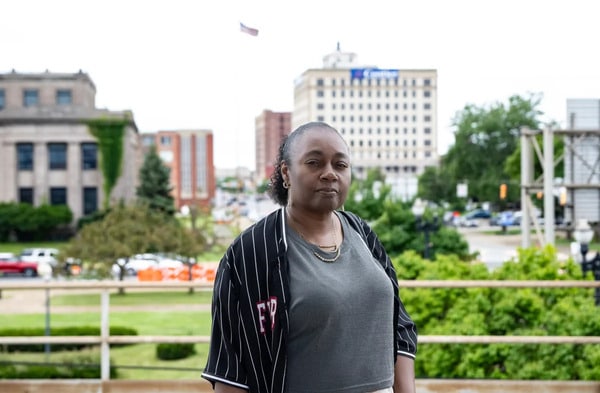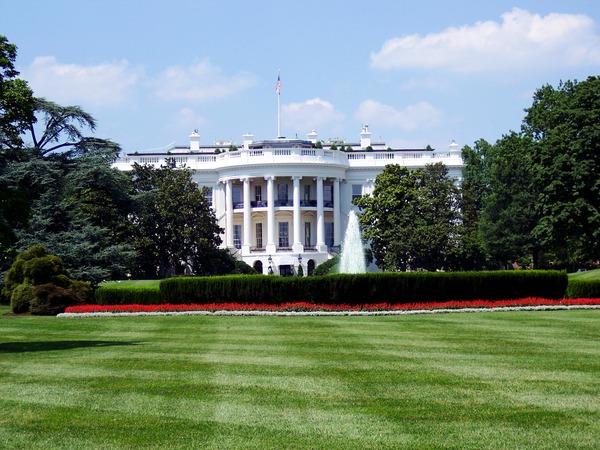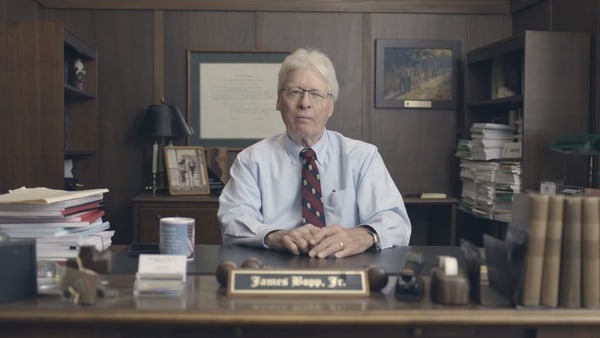Some unfortunate moments and dumb acts are merely reasons to feel regret.
Some, though, become enduring sources of shame.
The measure approved by the Indiana General Assembly and signed into law by Gov. Eric Holcomb banning gender-affirming care for minors falls into the latter category.
In the not-distant future, all but the meanest and most frightened Hoosiers will shake their heads and wonder why they allowed their elected representatives to persecute and bully already troubled young people. They—we—will question why we did not stand up for teenagers just trying to find their places in the world.
Kids trying to come to terms with who they are.
There is so much that is wrong regarding this new law.
At the least damaging and least offensive level, it is a “solution” in desperate search for a “problem.” There are only a little more than a handful of transgender children in Indiana, hundreds at most.
Yet, we have focused the full weight and force of Indiana’s state government on making their lives still more difficult.
It’s a good thing Indiana doesn’t have any real problems—brain drain, talent retention, income inequality, infant and maternal mortality, etc.—to solve, thus allowing our leaders to spend so much time, energy and money on an issue that affects only a few Hoosiers.
But that’s not the real problem with this measure.
No, the real problem is the arrogant cruelty that marks this new law.
It targets young people and their families who have done nothing to harm anyone else. It punishes them and strips them of rights other human beings enjoy simply because they are different.
That is wrong.
Plain wrong.
That this campaign of persecution has been pushed by some of the politicians who bleat the loudest about freedom and their right to live lives unencumbered by constraints imposed by others just adds to the moral offense.
Apparently, it is a grave usurpation of personal liberty to ask—not force, but just ask—someone to wear a mask for public health reasons during a worldwide pandemic that claims millions of lives. Many of the voices that now are loudest about the “virtues” of picking on transgender kids and their families were the ones who offered the most ear-splitting screams about how expecting them to make any accommodations to keep others safe while COVID raged was a gross violation of their personal autonomy, a flagrant act of tyranny.
But telling human beings, their families and their doctors what medical care they may receive—even what name they wish to be called—is not an example of governmental overreach. Telling other people how to live their lives—instructing them on who they should be—also apparently is an aspect of these lawmakers’ strange definition of the term “limited government.”
I grasp the political considerations involved.
Most of these legislators feel a need to keep the voting base in their gerrymandered districts incited to maximum stridency all the time. Picking fights with children who don’t have sufficient numbers or money to battle back effectively is an easy, if cowardly, way to do that.
(A tip to these lawmakers: If you want people genuinely to think you’re tough, punch up, not down, in weight class.)
I even think I understand why the governor signed this, even though he tried to veto a far less offensive trans-bashing bill last year.
Indiana’s governor has perhaps the weakest veto in the nation. A simple majority overrides a Hoosier governor’s veto, which makes the act of the chief of the executive branch disavowing a piece of legislation more like a timid request for reconsideration than a traditional veto.
A measure this draconian was going to end up in court. The only question was how soon.
Holcomb may have figured that a veto would do nothing but delay things. Better to get the matter into court sooner and let the judges decide whether transgender citizens have fewer rights than others do.
The ACLU of Indiana filed suit within hours of Holcomb signing the bill. (Disclosure: I am a former executive director of the ACLU of Indiana.)
If the courts decide, as I hope they will, that politicians aren’t allowed to tell individuals who they are and how they should live their lives, some of the damage this mean-spirited law invokes will be undone.
But at least one thing will remain.
The shame.
That will endure.









